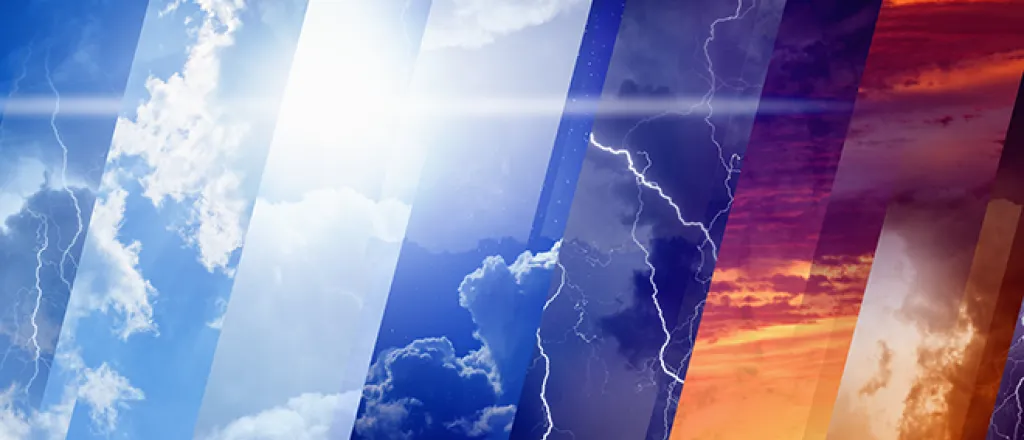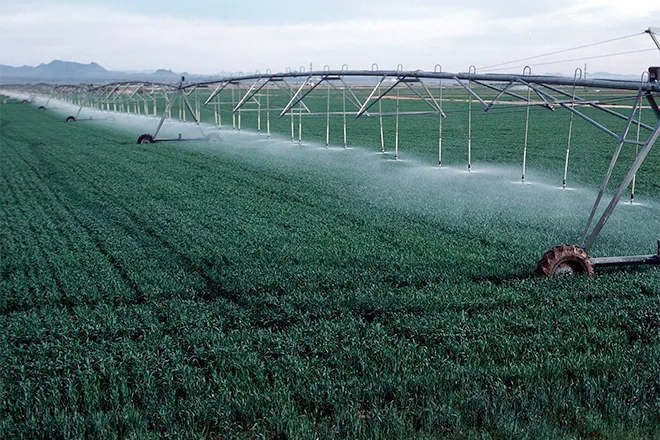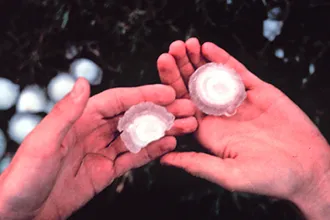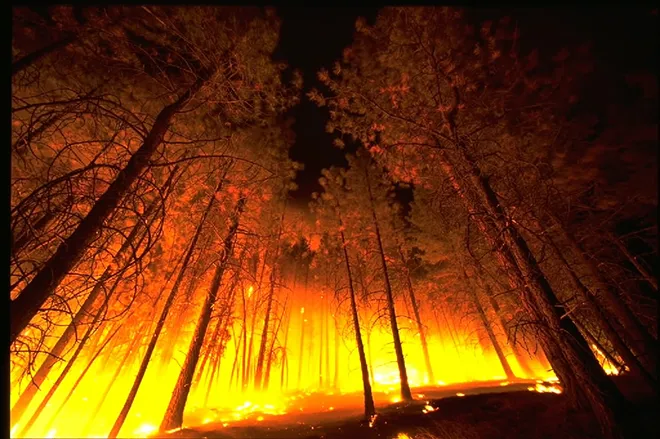
Extreme weather events in 2021 highlight climate change's effect
(Northern Rockies News Service) 2021 has been a year of extreme weather events in Idaho. Among the worst and most unforgettable was an extreme heat wave.
In the Northwest, including British Columbia, a weather pattern known as a heat dome may have caused 1,400 deaths from the excessive warmth.
Aly Bean, climate campaign coordinator with the Idaho Conservation League, said scientists would typically expect an event like this to happen in the region once every thousand years.
"But climate scientists, after looking into the event and doing some modeling," said Bean, "recognized that this type of extreme heat event is 150 times more likely due to climate change."
Bean said there were other extreme events as well, such as a rise in toxic algae blooms. She also noted that extreme weather has effects on economic drivers like salmon, which came back to Idaho in extremely low numbers this year.
Idaho has also been experiencing one of its most severe droughts in history, which has impacted parts of the economy such as agriculture. Bean said the region is supposed to get more precipitation this winter from a weather pattern known as La Nina.
"If we don't get significantly higher snowpack from this La Nina," said Bean, "the drought from last year will continue for multiple years just because of that soil moisture dryness."
Wildfires once again raged in Idaho and across the West this year, too. But Bean said these events may have a silver lining.
"The really poor air quality index for such a sustained period of time and the huge number of wildfires," said Bean, "really brought attention to what we need to do to adapt for and take care of the health of those that are most vulnerable."
Bean said the state needs to decrease its carbon pollution, including through greater electrification of the transportation system. She also noted the need for changes to the agriculture sector, which is the largest emitter of greenhouse gases in Idaho.
"Finding ways that we can work with farmers and ranchers and dairies to decrease methane emissions is really huge," said Bean. "Also finding ways within the agricultural sector that we can sequester carbon and remove it from the atmosphere will be helpful."
















